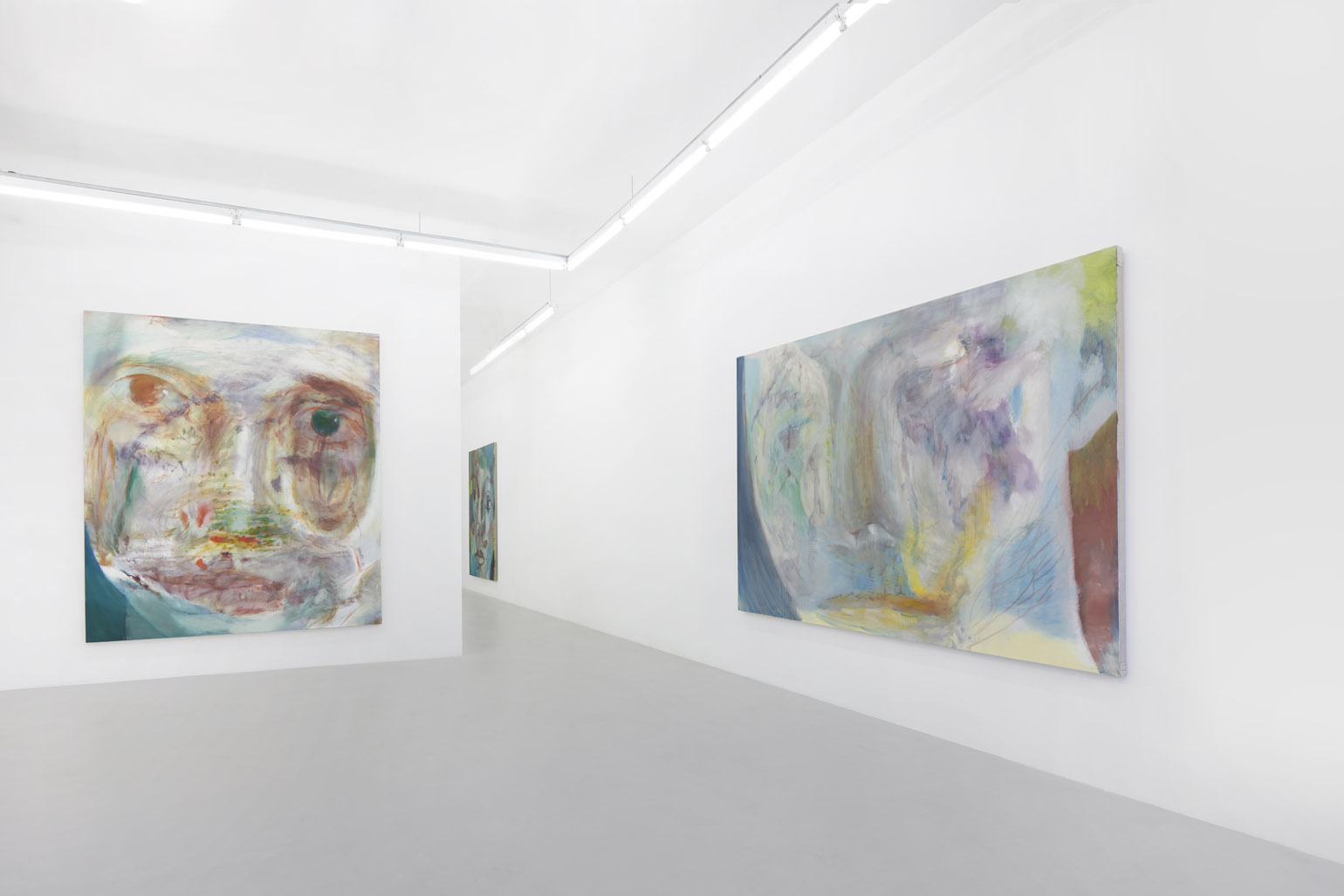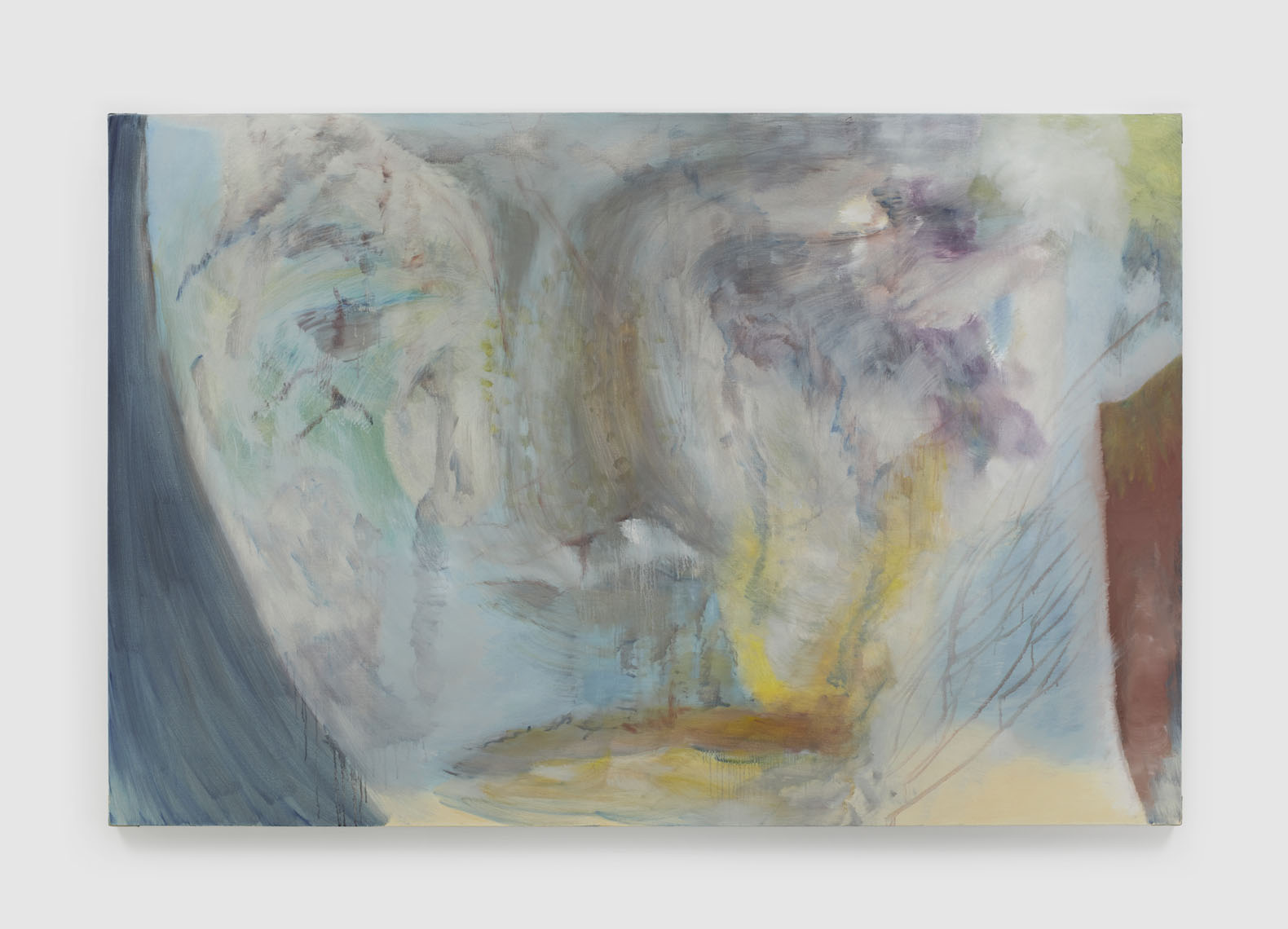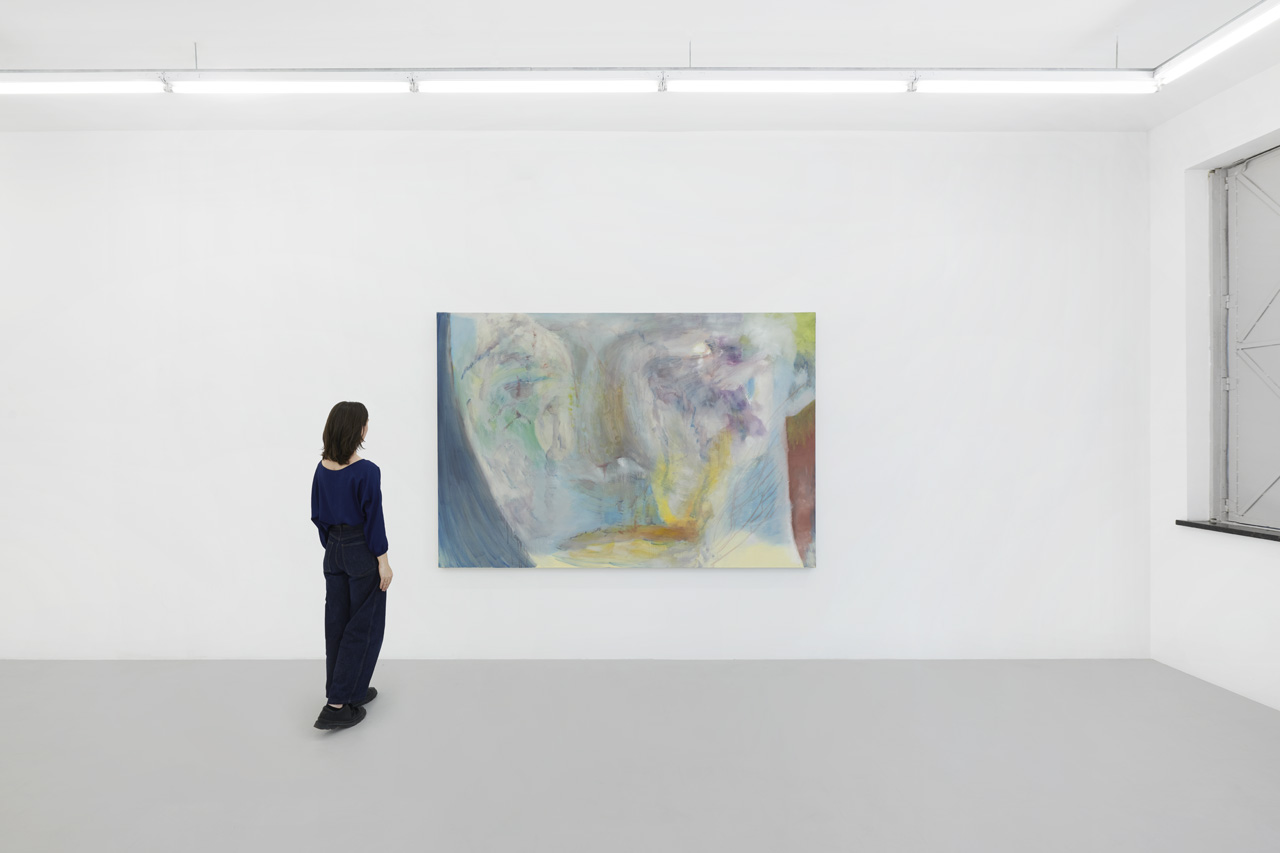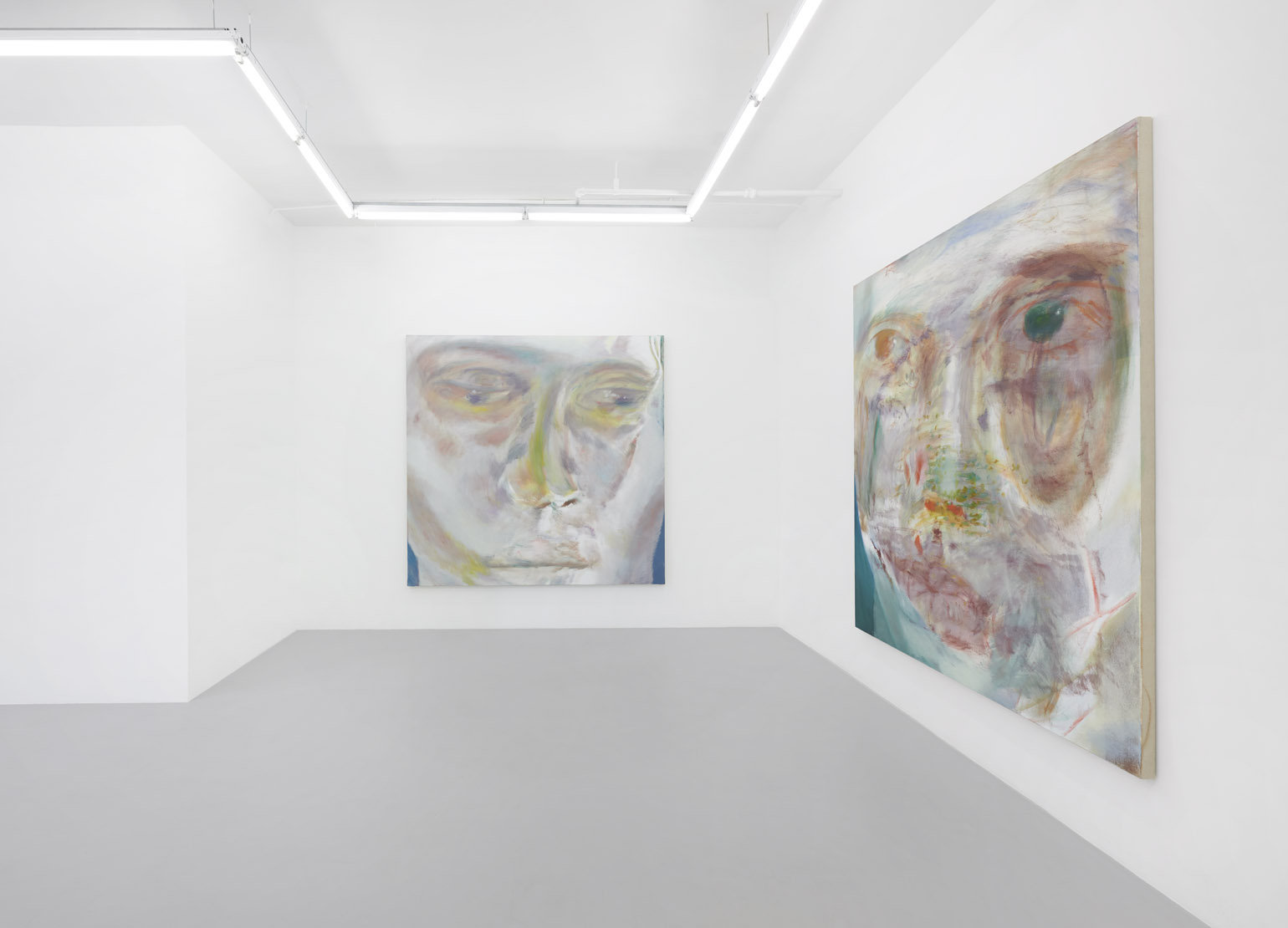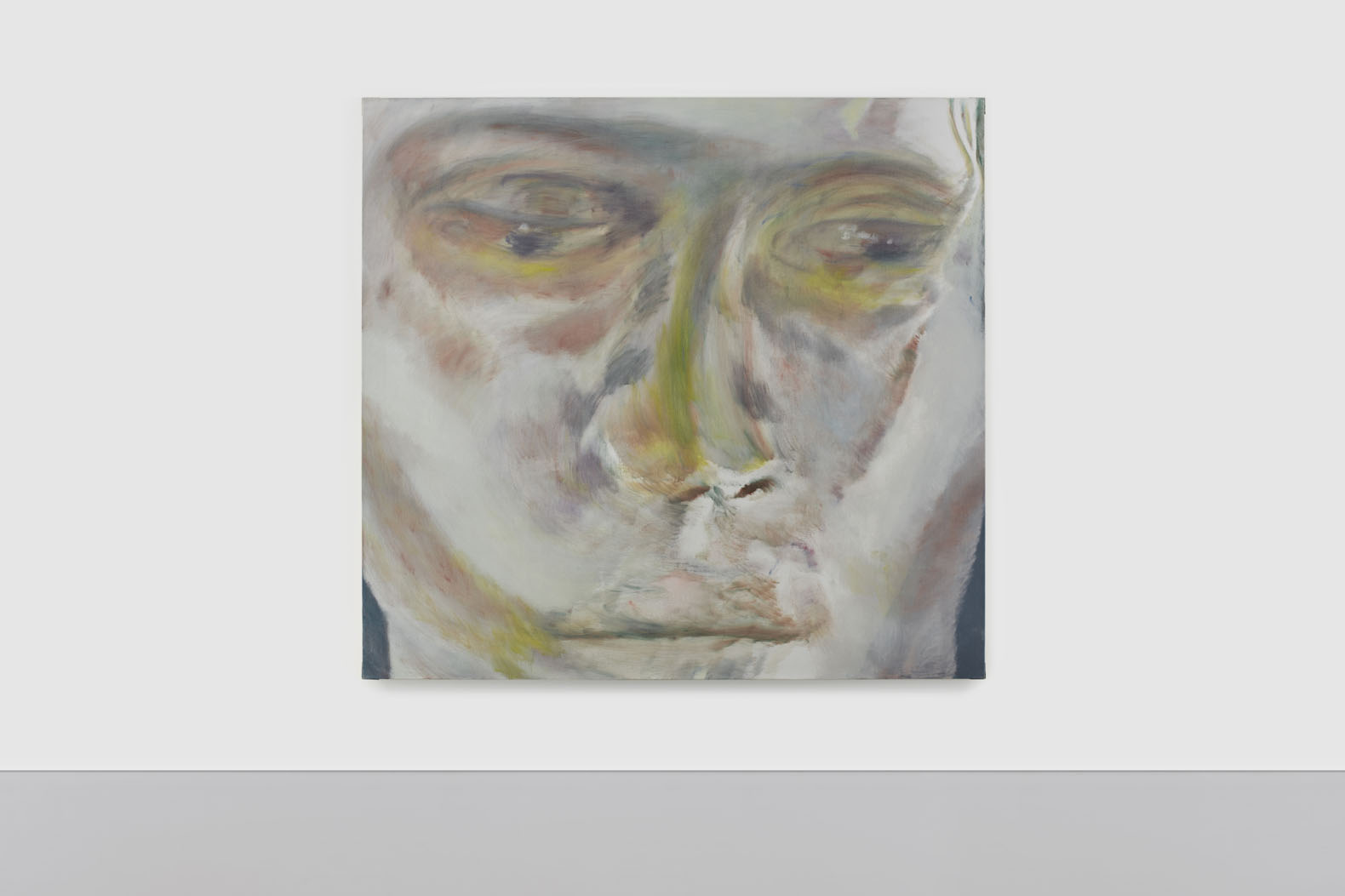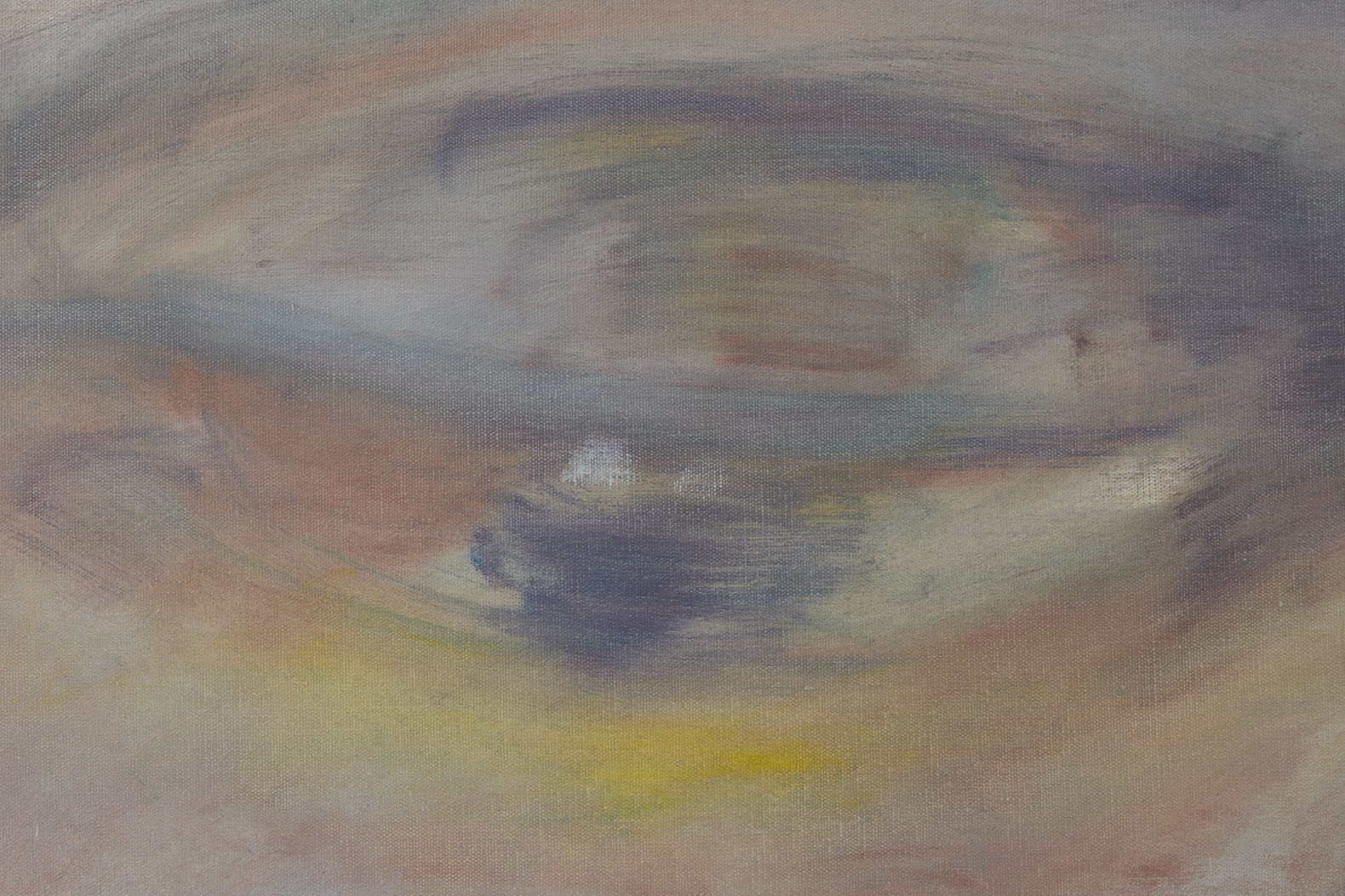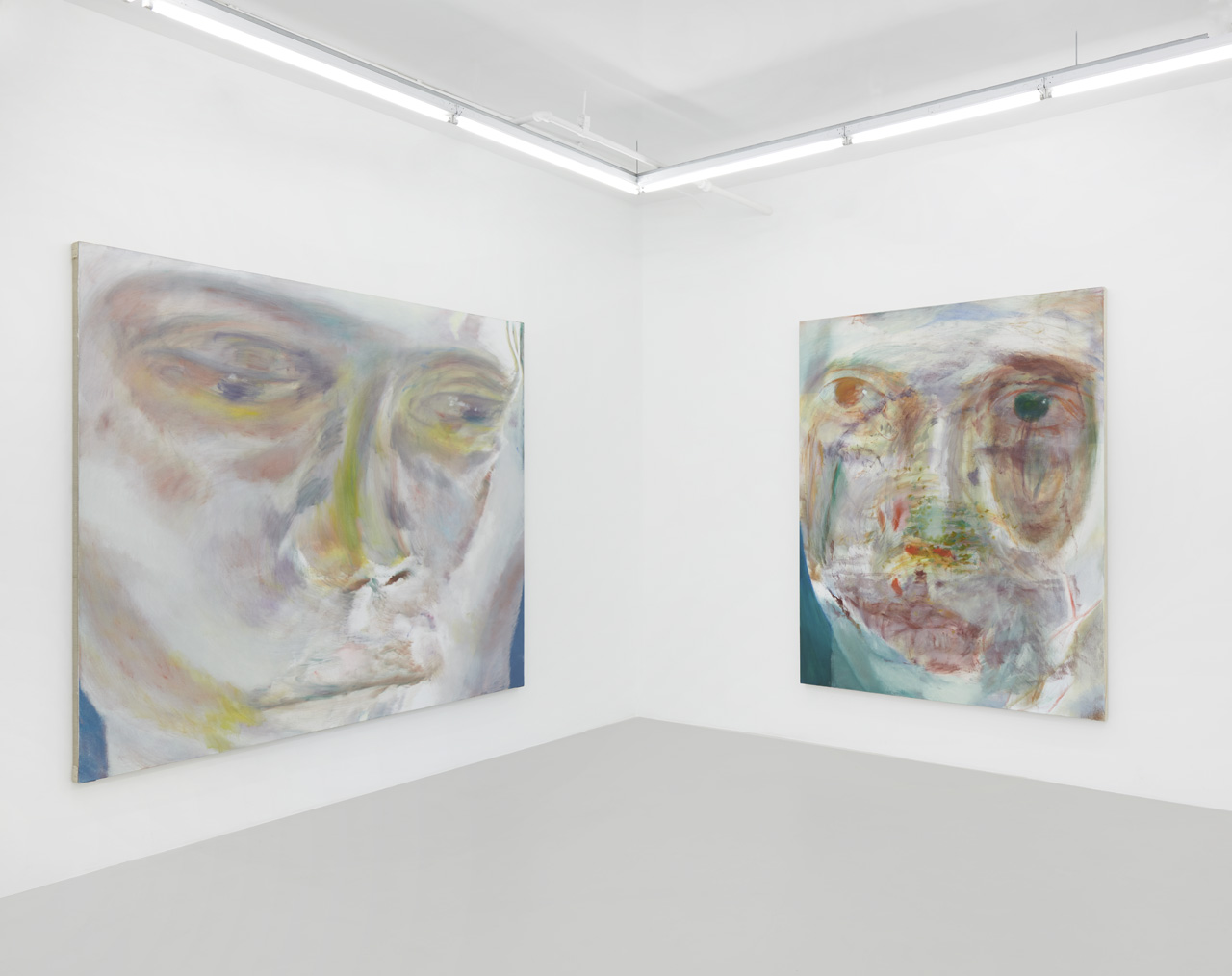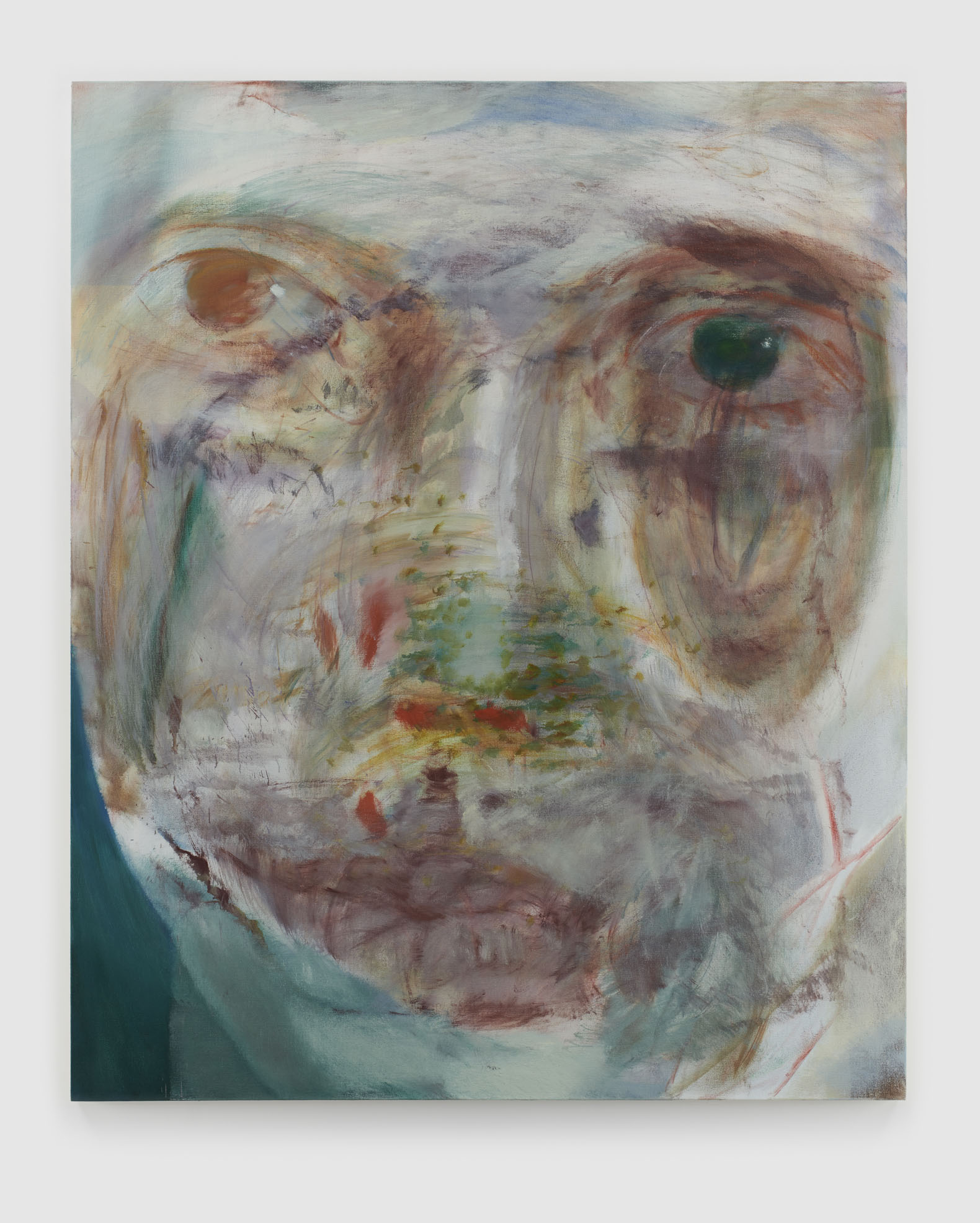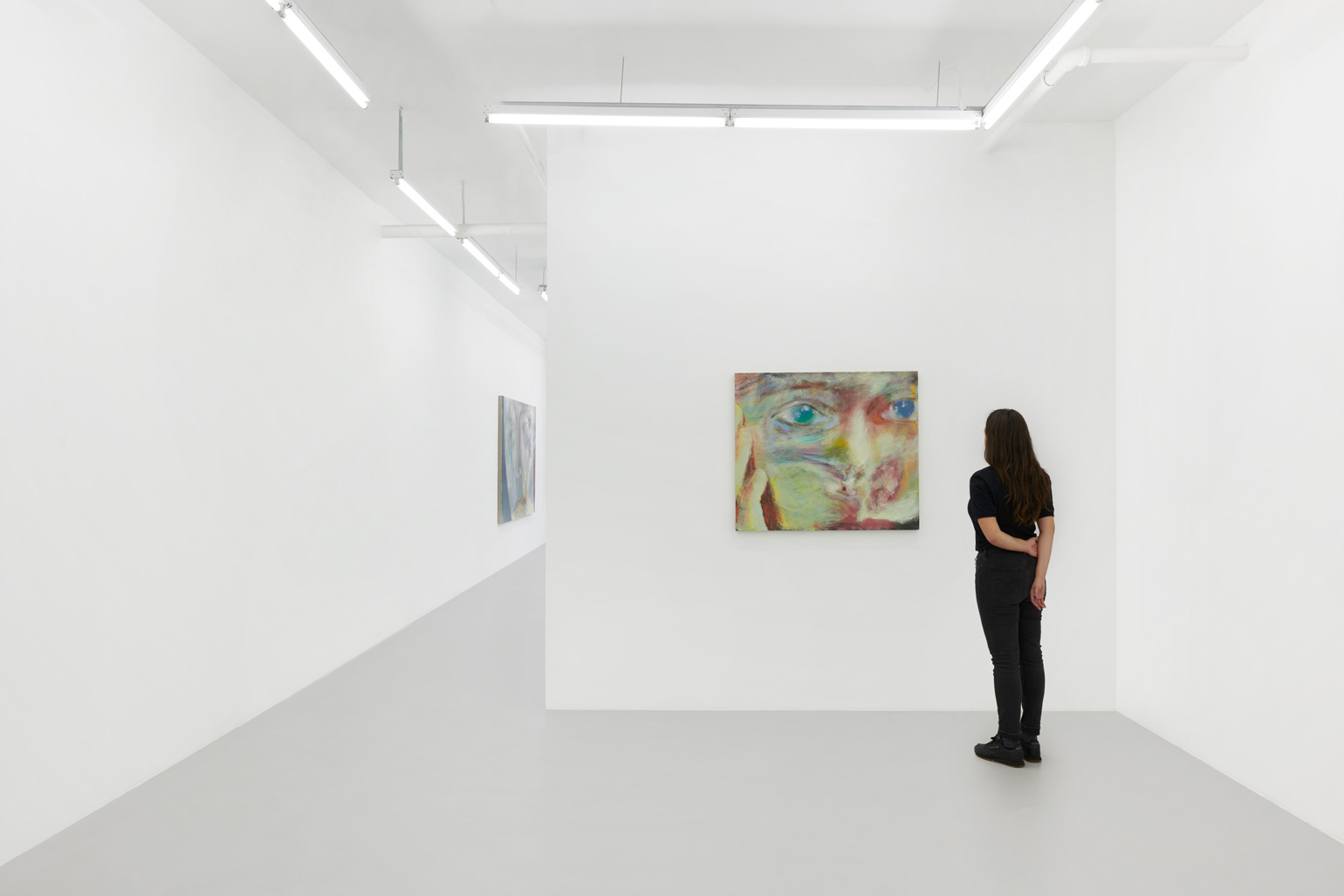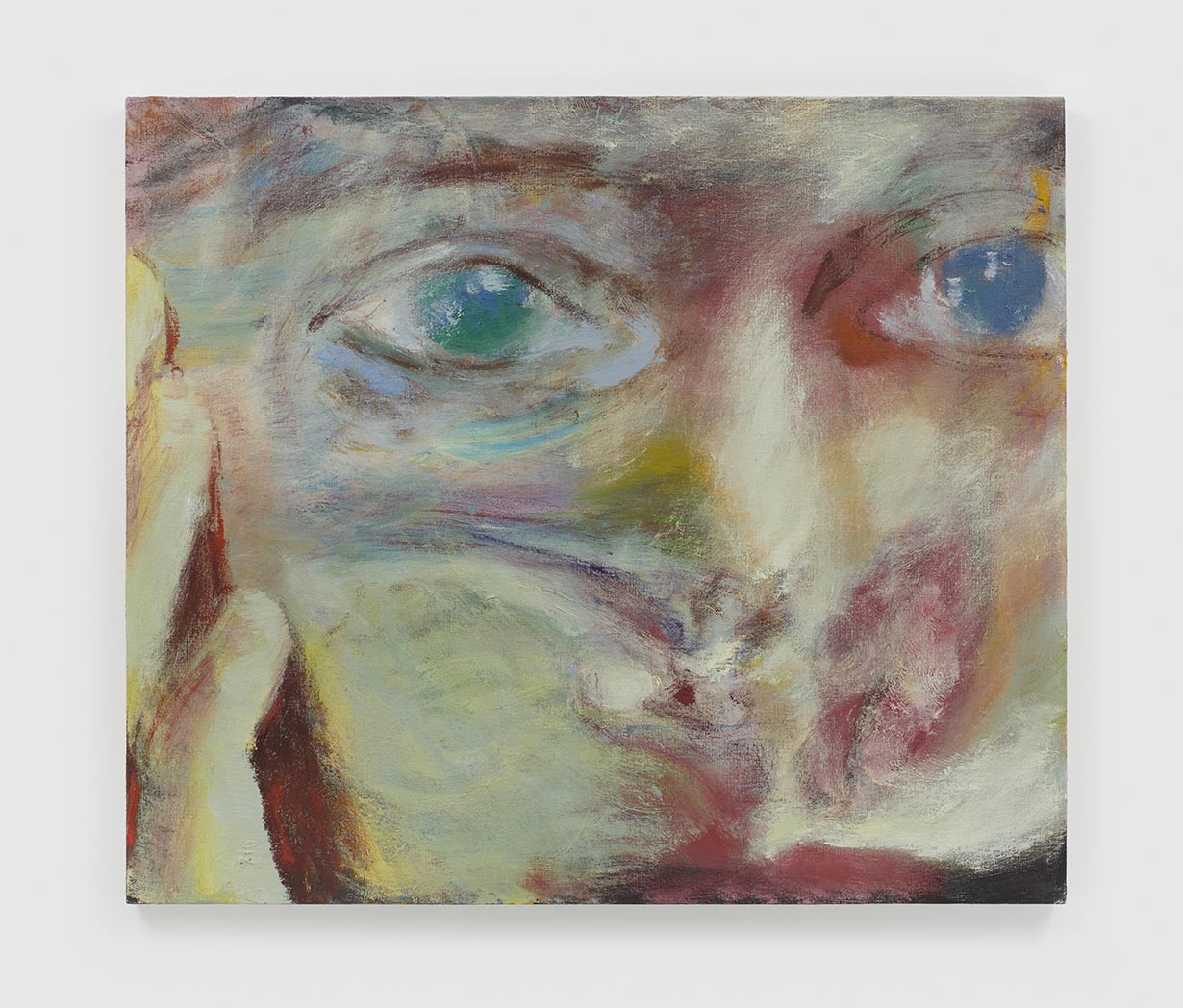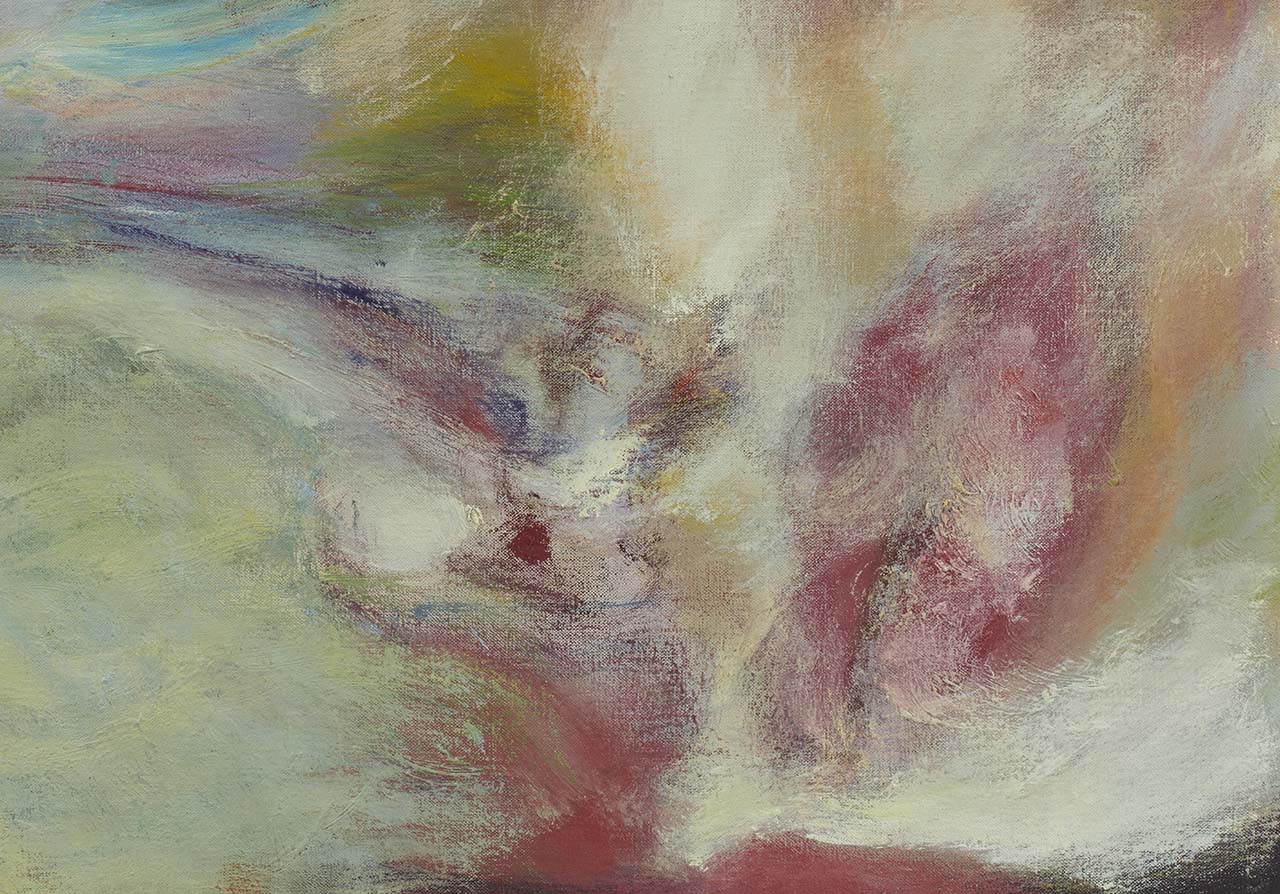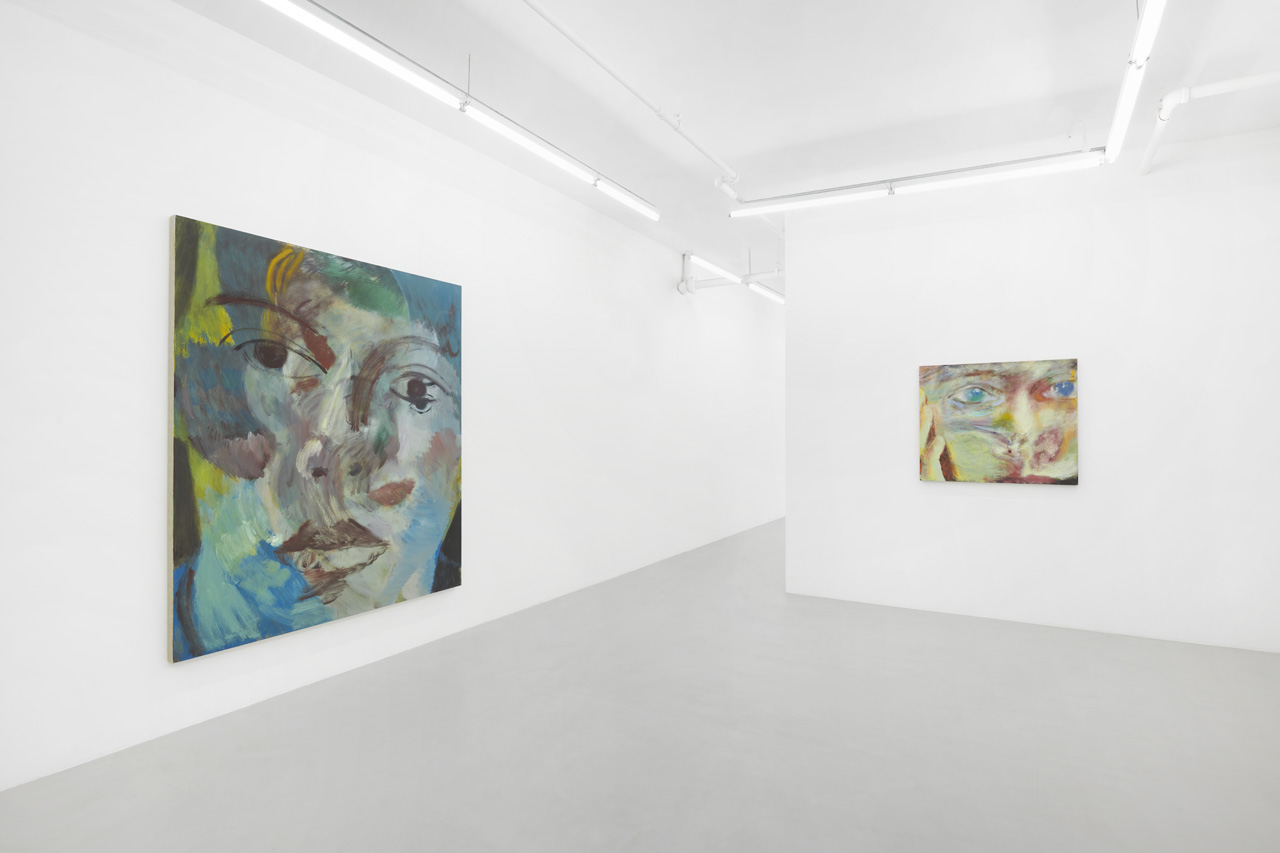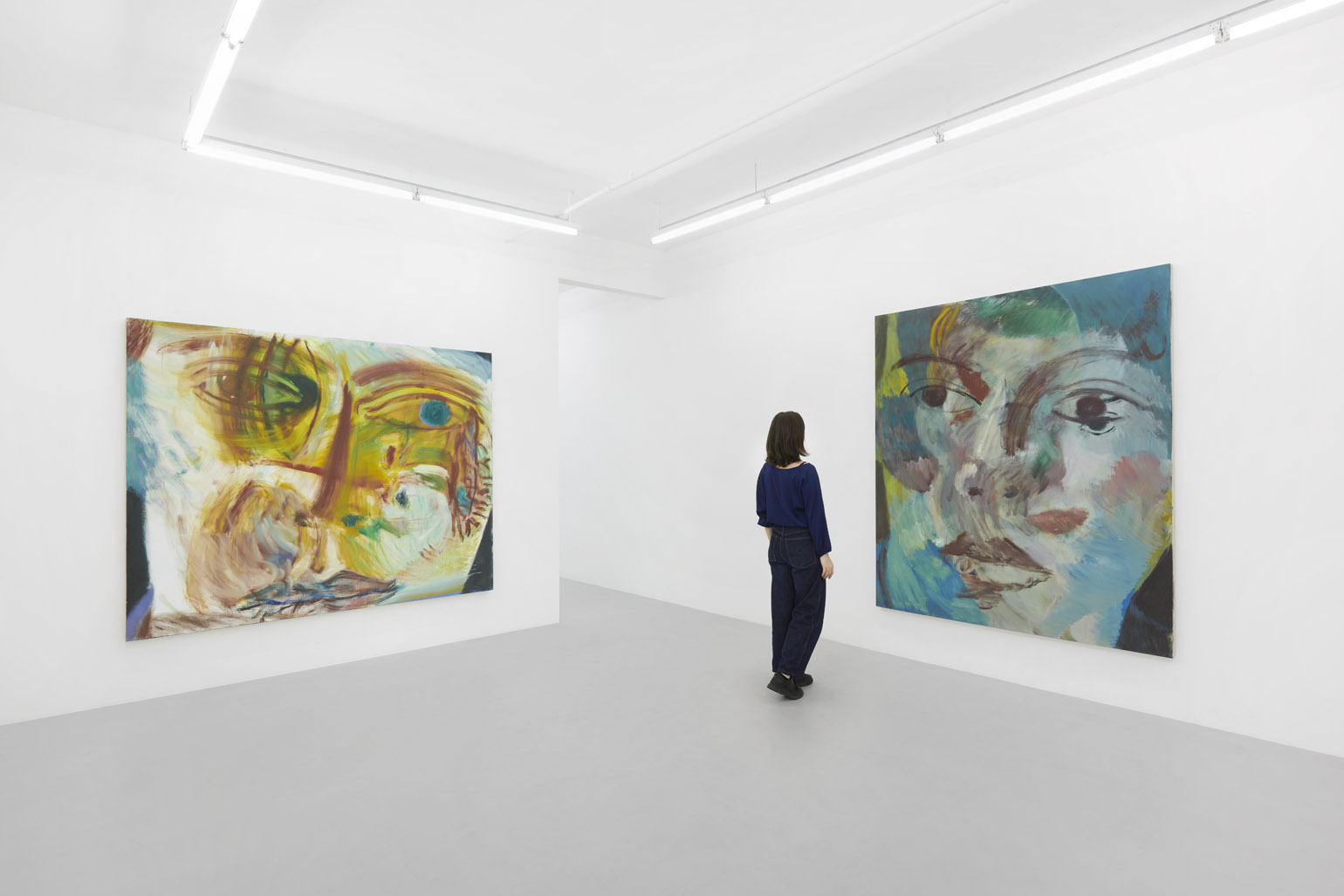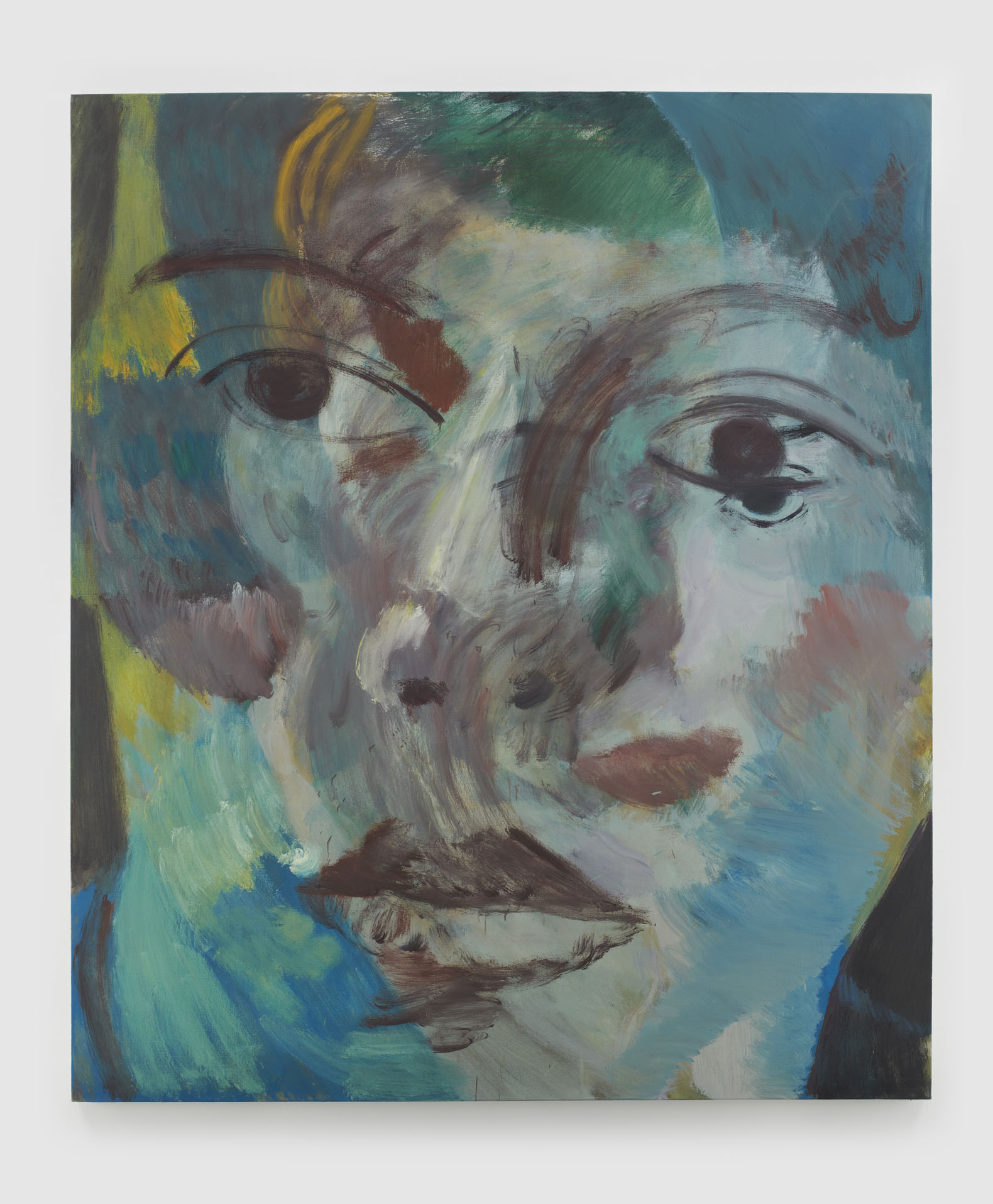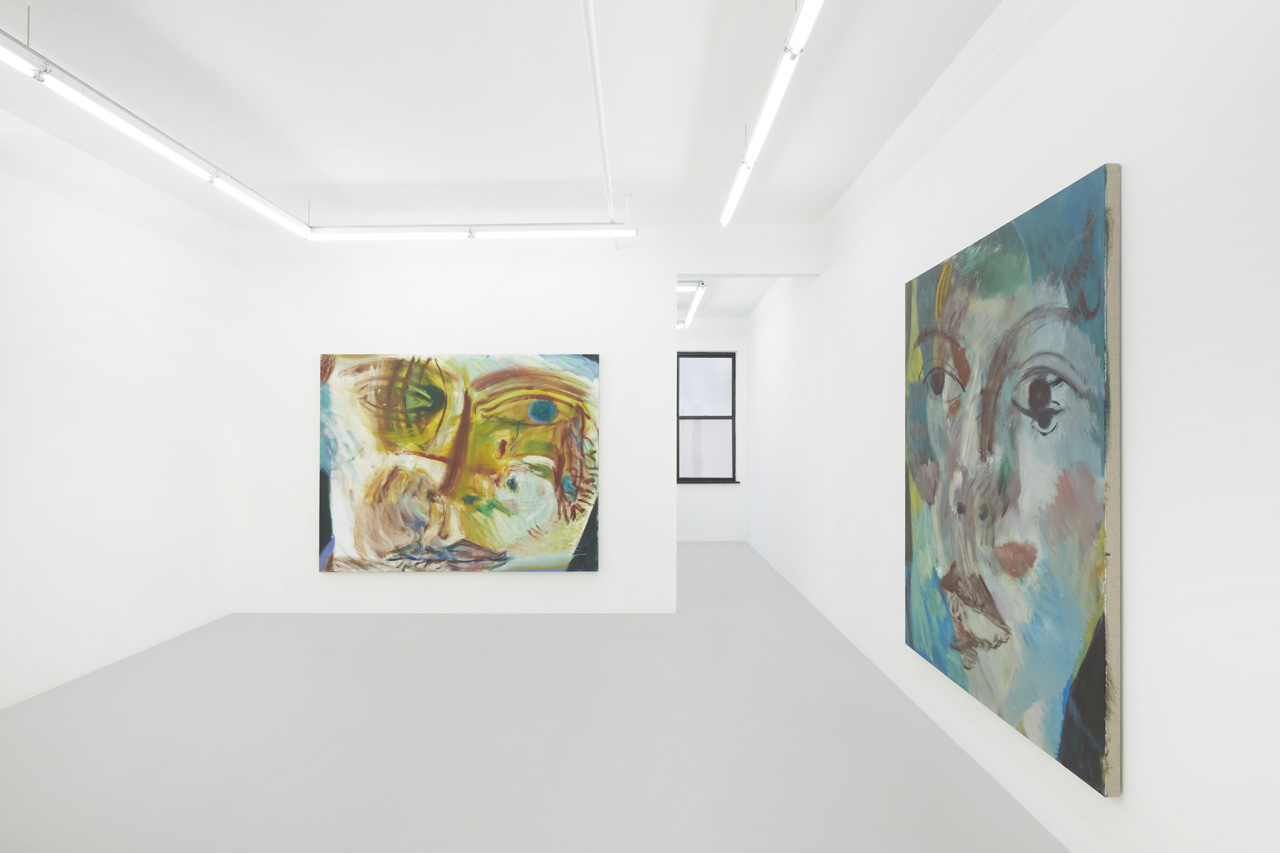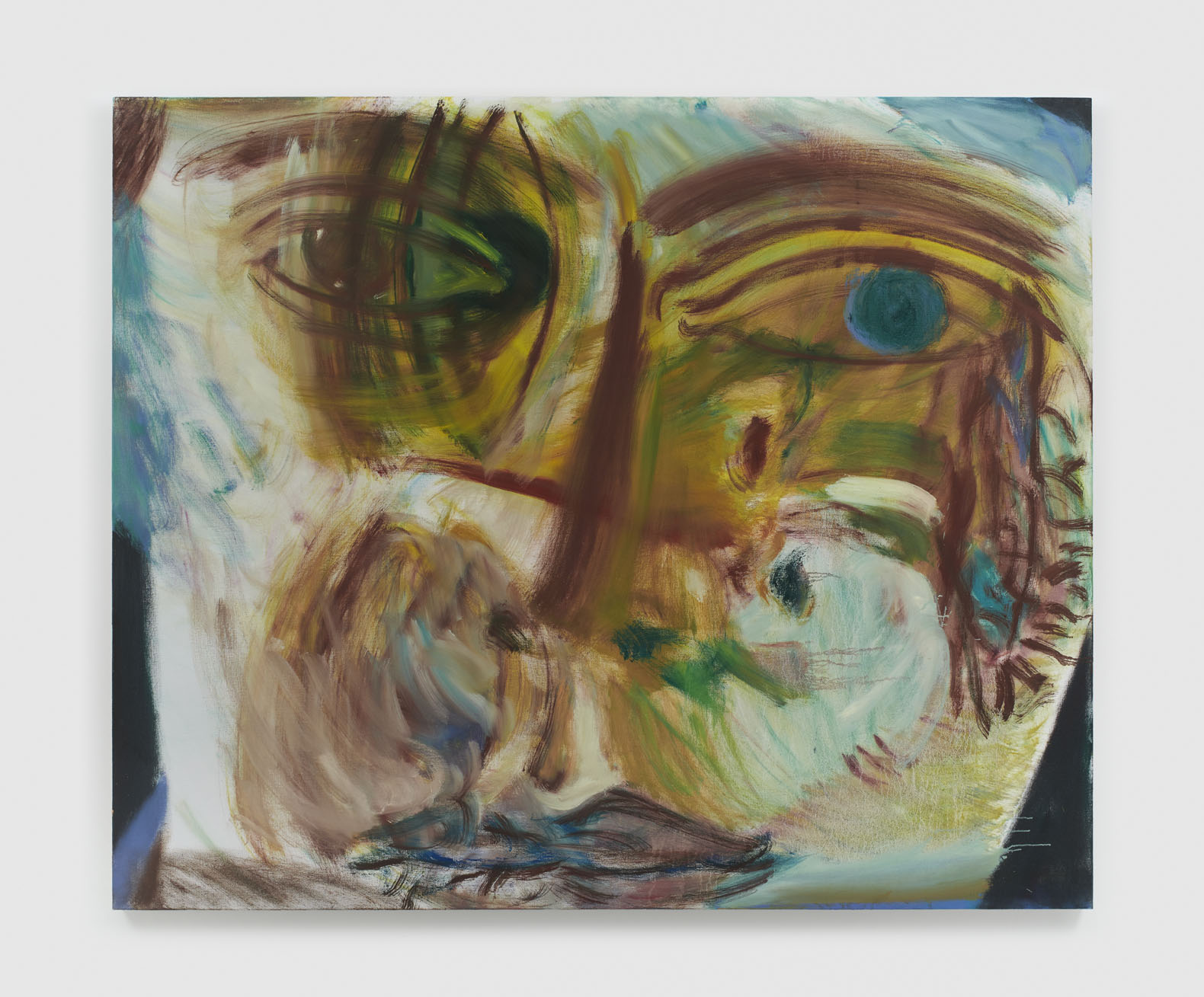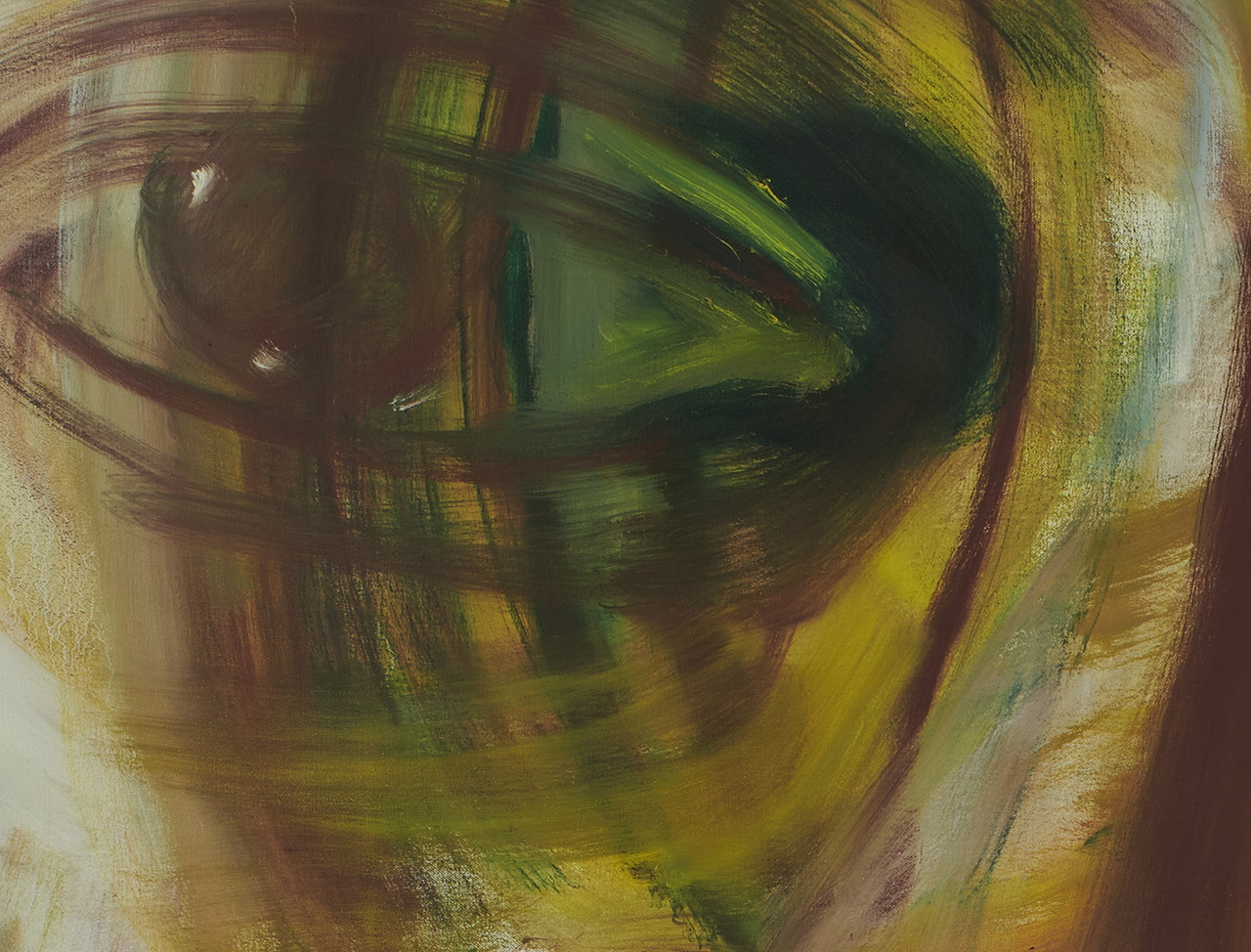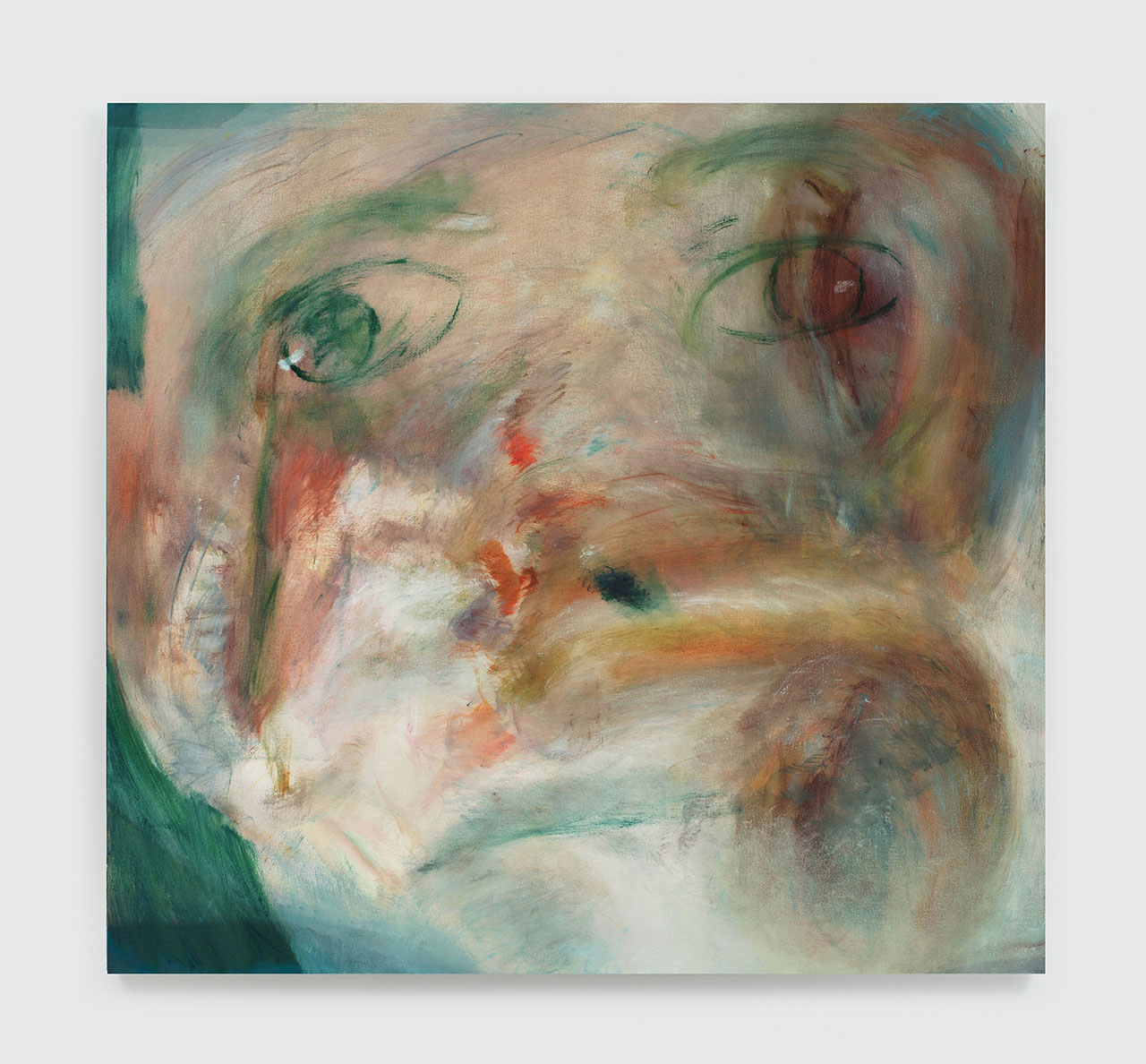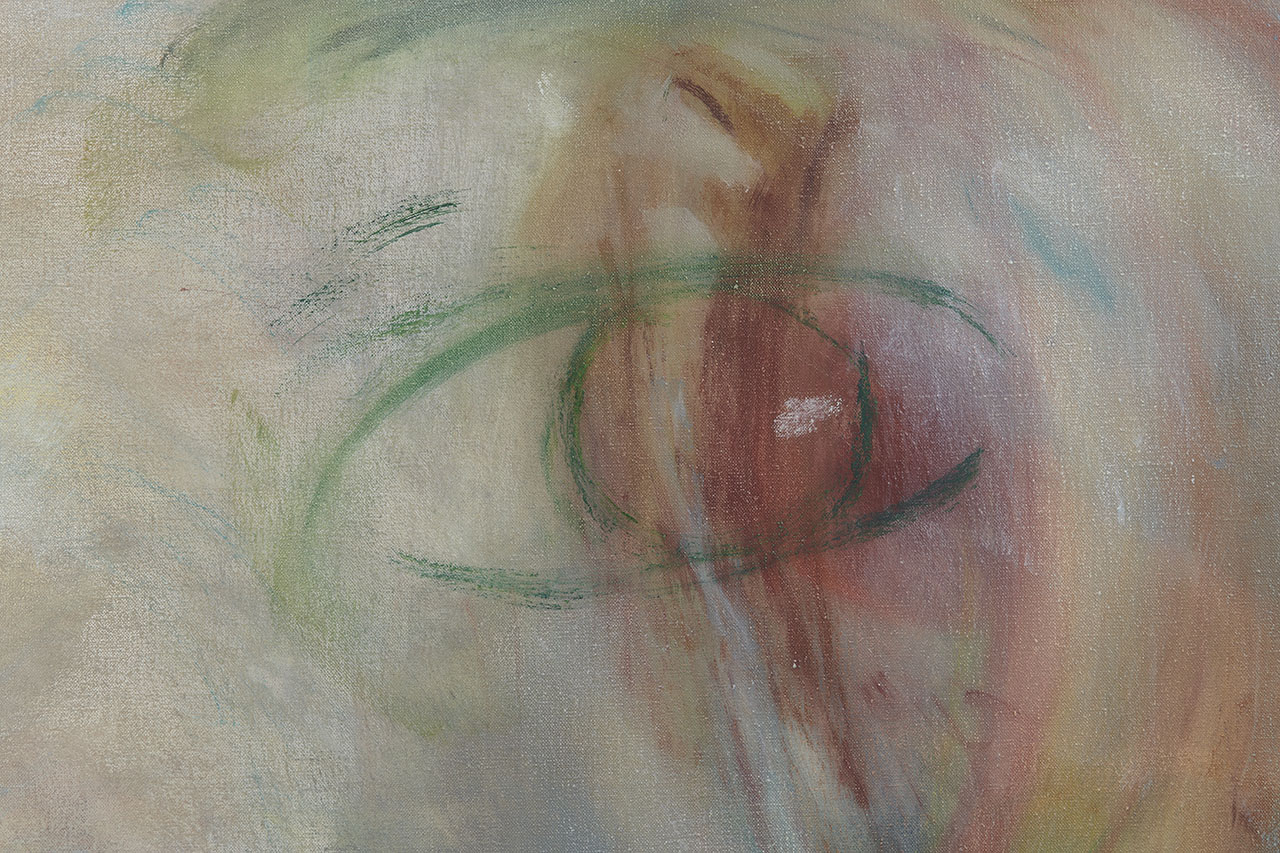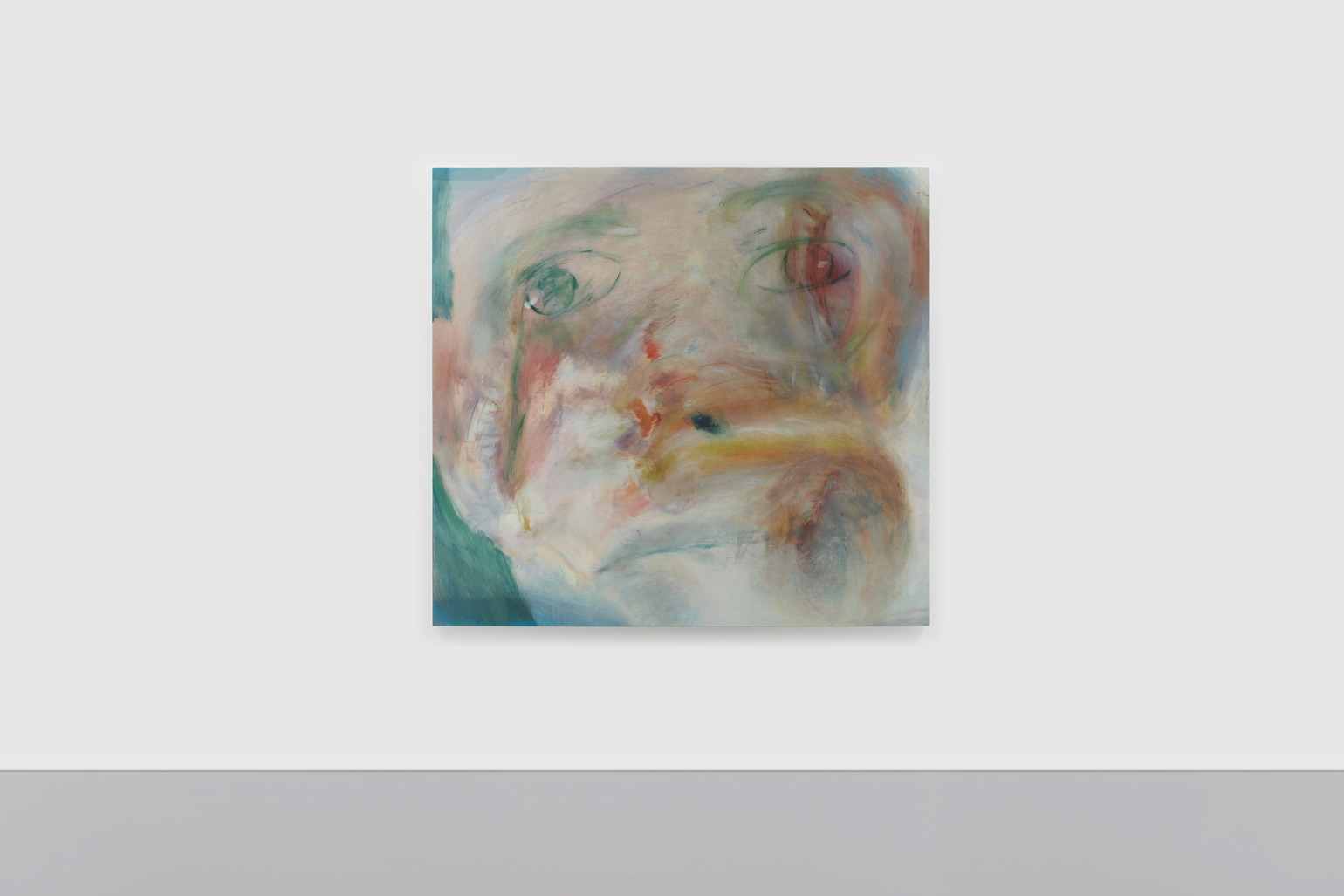“You look charming. You look enchanting. You look dazzling. You look breathtaking. You look unique.”
—Peter Handke, Offending the Audience
You are the subject. You are at the center of attention. You are at the center of the discourse. You are on the opposite side of us. You are on the backside of us. You are accompanied. You are surrounded. You are being watched. There is no plot here, only floating faces, pairs of eyes. Clumps of color intertwine, slowly sinking and smudging in the murky water. Almost drowning expressions drift along, flashing and flickering. In the obscurity of the atmosphere, you are the only object being dealt with. You have some indisputable truth, something that cannot be changed: you have blue eyes, green eyes, cyan eyes, brown eyes.
You were born with these eyes. You are part of this fascinating art community. You are artists, art lovers, critics, collectors. You are VIPs. You are the audience, people in the plural. You are here, expecting a bright, clean white box with just the right color temperature, paintings hanging on the wall. You expect an exclusive, speak-easy place where you have a great time with your people. Your faces are all pointing in one direction. Your faces are all pointing in different directions. You begin to perform. You begin to perform watching.
Your ideas about painting are always the prerequisites that guide our actions. Your ideas about painting are no longer the prerequisites that guide our actions. You are neither destined to watch nor have you come to watch because you have been relieved of other acts. You see these eyes look up, down, sideways, and around, then you stare, peer, browse and examine with these eyes. You hear these mouths smile, whisper, chit-chat, and sigh, then you comment, argue, judge, and curse with these mouths. The more you learn, the more you get confused.
Artistic practice is wrapped in layer after layer of solidifying training—language becomes a robber who holds one’s expression hostage and impersonates one’s thoughts. Further, consciousness is a more insidious thief, deceiving even thought itself, interfering with our thinking and falsifying our illusion. Is it still possible to reach the truth? Is it still possible to strip away all the external appearances and find the inner core? The essence. The essence of art.
No longer a child drawing random circles on the paper, you have learned too much. You have been corrected. You see an artist who has been corrected. You see an artist who has been corrected but tries to break free. You see the struggle.
Here comes another question: how do you resist self-consciousness?
In Zen Buddhism, a particular state of mind is called mushin, “no-mind.” When you attain it, you give yourself up. You give yourself up unreservedly to an unknown “power” that comes from nowhere. With this, as far as your consciousness is concerned, you become an automatic puppet.
Some unwritten moves in Chinese folk martial arts are named after animals. The unconscious behavior of animals—for example, golden rooster shaking feathers, horse shaking mane, tiger shaking hairs, etc.—transforms into extremely aggressive fighting patterns. The body becomes a little gap in the flowing consciousness. To catch it is to catch something conclusive and unmistakable.
Many traces of the physical struggle have been left behind here on the canvas. Brushstrokes perfectly match the curve of the artist’s swinging arm. Every painting is a battle, an attack on and defense of the built-in knowledge from experience and perception. You must be standing close enough. You must be close enough to escape the slavery of the eyes. You are tugged by this force, so mighty that it can control the entire field of your consciousness and even recognize the unknown. Takuan Sōhō would call it “unconsciously conscious” or “consciously unconscious.”
Last but not least, please think of this as a stage. You are standing on the stage, where you meet us, where you see yourself, and where you realize you were us. Words are ineffective; the body and mind wrestle. You are all dressed up, ready to make a splash. Your presence is vital and significant to us because you are present. Right now. Right here. It is because you are present, we have the opportunity to speak to you. We have the opportunity to see eye to eye with you. It is because we are sharing time together so that we are exchanging time.
Come. The stage is reserved for you, with all the lights on.
